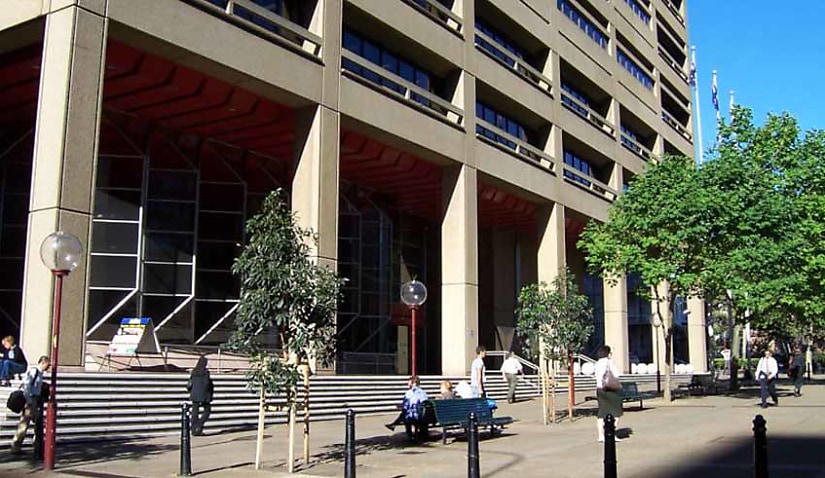Powered by MOMENTUM MEDIA
Air Canada has appealed an NSW court’s finding in favour of a woman who suffered injuries from severe turbulence.

The airline has turned to the Court of Appeal to overturn a NSW Supreme Court finding that the wording in its conditions of carriage, as it relates to the Montreal Convention, meant a cap on damages for personal injury could be excluded.
Applicant Renae Evans needed a disc replacement, and her daughter suffered soft-tissue injuries to her back and neck.
The claim for damages hinged on the Montreal Convention.
Providing the total value of the claim does not exceed AU$230,000, article 21 of the Montreal Convention prohibits a carrier from excluding or limiting its liability for claims for bodily injury.
Article 25 allows airlines the discretion to offer conditions of carriage with higher limits of liability or remove the limits entirely.
Appearing before Justice Stephen Rothman in the original proceedings, Evans argued the tariff that formed parts of the conditions of carriage removed the cap in article 21.
That tariff relied on by Evans set out: “For the purpose of international carriage governed by the Montreal Convention, the liability rules set out in the Montreal Convention are fully incorporated herein and shall supersede and prevail over any provisions of this tariff which may be inconsistent with those rules.”
Evans further claimed that Air Canada’s conditions of carriage stated that where the Montreal Convention applies, “there are no financial limits in respect of death or injury”.
Although Air Canada argued the anti-consumer protections within NSW’s Civil Liability Act applied to the claims because Evans bought the action in the NSW court, Justice Rothman ruled this law would apply instead as a “surrogate federal law”.
This was because the Civil Aviation Carriers Liability Act did not specify how damages are assessed for international passengers.
Appearing in the Court of Appeal on Wednesday (5 June), Air Canada counsel Justin Gleeson SC said one of the things Justice Rothman did not do was look at how the purposes of the act work with the rest, “and there’s some real problems when that happens”.
He added Justice Rothman had the “wrong focus” by focusing on how a reasonable person may interpret the language.
“What it boils down to is there is a cap within article 21, which is the cap on the no-fault strict liability tier, and what the rule is doing is raising that cap to an unlimited amount,” Gleeson said.
Lawyers Weekly will host its inaugural Partner Summit on Thursday, 20 June 2024, at The Star, Sydney, at which speakers will address the range of opportunities and challenges for partners and partners-equivalent, provide tips on how they can better approach their practice and team management, and propel their businesses towards success. Click here to book your tickets – don’t miss out! For more information, including agenda and speakers, click here.
We're evolving — and so should your insights. Heads up — Lawyers Weekly is going premium from 1 May for just $5 a month. Stay informed without missing a beat. More information coming soon.

Naomi Neilson is a senior journalist with a focus on court reporting for Lawyers Weekly.
You can email Naomi at: